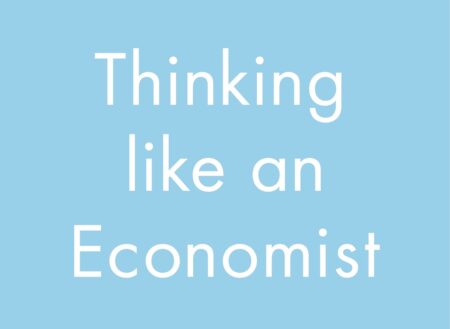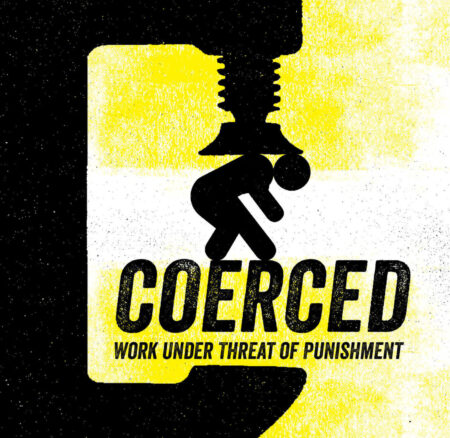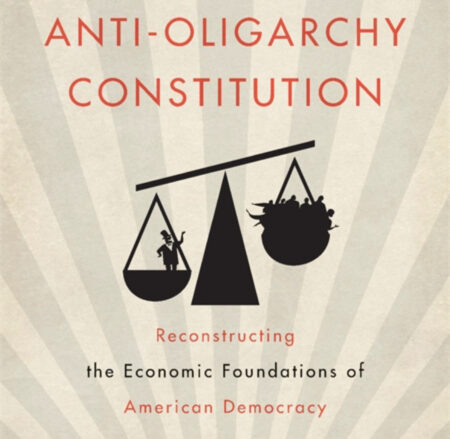
The Economics of Reaction
The economic style of thinking has undeniably constrained progressive ambitions. Yet this framing overlooks a secondary role that the economic style plays in political life: it provides cover for explicitly conservative and reactionary arguments by cloaking them in seemingly apolitical, technical expertise.




